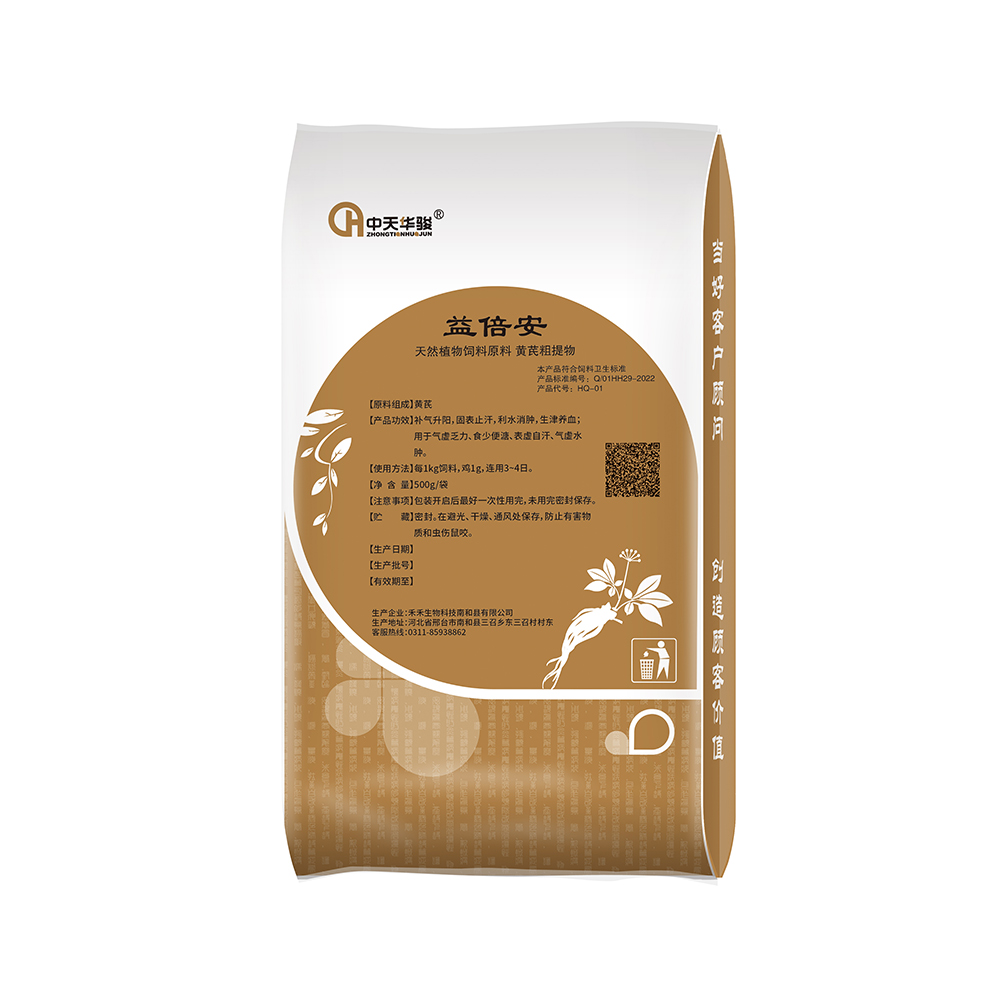
Ağu . 17, 2024 13:58 Back to list
Development of Tailored Sulfaquinoxaline for Enhanced Antimicrobial Efficacy in Veterinary Medicine
Understanding Custom Sulfaquinoxaline An Essential Antimicrobial Agent
In the realm of veterinary medicine, the use of medications such as sulfaquinoxaline has become increasingly vital in combating bacterial infections in both livestock and companion animals. Sulfaquinoxaline, a sulfonamide antimicrobial agent, has been employed for several decades, and its importance has only grown as new bacterial strains continue to emerge. This article explores the characteristics, applications, benefits, and concerns regarding the custom formulation of sulfaquinoxaline.
What is Sulfaquinoxaline?
Sulfaquinoxaline belongs to a class of drugs known as sulfonamides, which function by inhibiting bacterial synthesis of folic acid, a crucial component for bacterial growth and reproduction. It is primarily effective against a wide variety of gram-positive and some gram-negative bacteria. Sulfaquinoxaline is commonly used in veterinary medicine to treat a range of infections, particularly coccidiosis in poultry and bacterial enteritis in livestock.
Custom Formulations of Sulfaquinoxaline
The custom formulation of sulfaquinoxaline involves tailoring its composition to meet specific therapeutic needs or regulatory considerations. This may cater to different animal species, age groups, or particular bacterial infections, ensuring that the treatment is effective and safe. Custom-made formulations can include variations in dosage, delivery methods (e.g., oral, injectable), and combinations with other active ingredients to enhance efficacy or reduce resistance development.
Applications in Veterinary Medicine
One of the primary applications of sulfaquinoxaline is in the treatment of coccidiosis, a common parasitic disease in poultry that can lead to severe economic losses in the poultry industry. By preventing the proliferation of coccidia parasites, sulfaquinoxaline helps maintain flock health and productivity.
Apart from coccidiosis, sulfaquinoxaline is used to manage various bacterial infections in livestock, such as deposition pneumonia and enteritis. Its efficacy in rapid treatment turnaround makes it a preferred choice for veterinarians dealing with compromised animals.
custom sulfaquinoxaline

Benefits of Custom Sulfaquinoxaline
1. Targeted Therapy Custom formulations allow veterinarians to prescribe medications that are tailored to the specific needs of an animal or farm, thereby enhancing treatment outcomes.
2. Resistance Management By customizing the formulation, it is possible to create combinations that mitigate bacterial resistance, a growing concern in veterinary medicine. This can lead to more successful treatments and reduced reliance on broad-spectrum antibiotics.
3. Improved Compliance Custom formulations can be designed in forms that are more palatable or easier to administer, which can improve adherence to treatment protocols.
Concerns and Considerations
Despite its benefits, the use of sulfaquinoxaline and other sulfonamides raises some concerns. There are issues related to antibiotic resistance, which can arise from overuse or misuse of these agents in animal husbandry. Additionally, regulatory bodies in various countries have imposed restrictions on the use of certain antimicrobial agents in food-producing animals, compelling veterinarians and farmers to seek alternatives or adhere to stricter withdrawal periods prior to slaughter.
Furthermore, there are also considerations regarding residues in animal products, which necessitate adherence to prescribed withdrawal times and vigilant monitoring. The custom formulation process must also comply with regulations set by veterinary authorities to ensure safety and efficacy.
Conclusion
Custom sulfaquinoxaline stands as a crucial agent in the veterinary arsenal against infectious diseases that affect animals. Its tailored approach enables more effective treatment regimens, significantly contributing to animal health and agricultural productivity. However, it is imperative to use these agents judiciously and responsibly, ensuring that their application informs best practices in animal welfare and public health. As veterinary medicine advances, the continued exploration of custom formulations will be essential to address the evolving challenges posed by infectious diseases in the animal population.
-
China Salivation AI with GPT-4 Turbo Features
NewsAug.01,2025
-
Epic Sepsis Factories: AI-Driven Detection with GPT-4 Turbo
NewsJul.31,2025
-
Acute Salpingitis and Oophoritis AI Factory
NewsJul.31,2025
-
Premium China Bacillus Subtilis Supplier & Factory Solutions
NewsJul.30,2025
-
Premium Avermectin Supplier in China | Custom Solutions Available
NewsJul.29,2025
-
China Bacillus Subtilis Supplier - Custom Factory Solutions
NewsJul.29,2025




